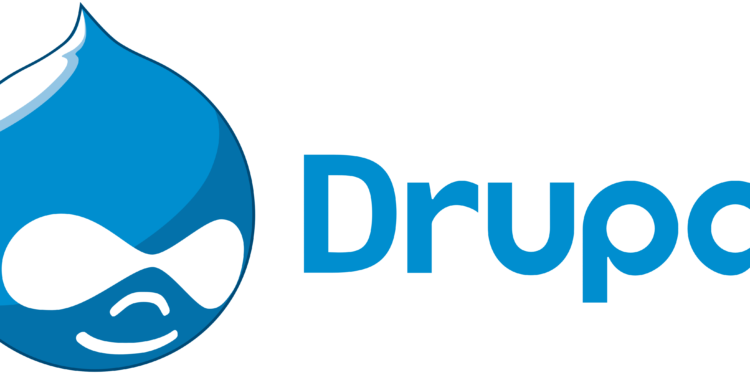When it comes to content management systems (CMS), Drupal is among the most popular platforms available. It is lauded for being easy for editors, powerful for administration needs, and secure and accessible for everyone. In fact, it is the preferred choice for large associations, nonprofits, Fortune 500 companies, and government agencies.
Not convinced? Read on to learn the reasons why you should use Drupal for your website.
Hosting
When choosing a web host for your Drupal site, you have the option to select optimized hosting. Drupal optimized hostingoffers pre-installed Drupal server tools that allow website owners to enhance their site’s speed and performance. Furthermore, with optimized hosting, you get the latest Drupal updates allowing you to access performance improvements that enhance your customer experience.
Content Creation Tools
The WYSIWYG (What You See is What You Get) editor is a simple way for writers, editors, and site administrators to contribute to your site without the need for HTML or coding knowledge. Additionally, the site can be edited by multiple users simultaneously from any computer.
Responsive Design
Over 77% of Americans own smartphones. For this reason, your site must be mobile-friendly. With a responsive design, users can view your site seamlessly across a variety of devices. Drupal and its modules are designed to be mobile responsive from the get-go.
Flexible Content Architecture
Drupal offers several navigation and menu modules that allow you to create a flexible content architecture. As a result, you can easily organize a large, content-heavy site. Additionally, the Panels module lets you create a customized layout for a variety of uses so you can display your content in sophisticated ways.
Customization Options
Drupal sites have a Lego-like framework that makes them highly customizable. Using their module library, you can add a variety of features to your website. There are tens of thousands of modules available, allowing you to customize your site to your exact needs. Popular modules include things like social media sharing, calendar plugins, Google Analytics, photo editing, CAPTCHA, and meta tag plugins.
Flexible Integration
In addition to its many modules, Drupal is also highly flexible, allowing for integration with third-party APIs (application programming interface). APIs let you communicate between servers to exchange information. You can exchange things like user information, rich media, or published content. Additionally, Drupal enables you to create your own API endpoints.
Drupal also has Single Sign-On (SSO) with other systems using a SAML-based integration like Salesforce or OAuth like Google Apps. An SSO lets a user use one login across various sites without sharing their password across these sites. In other words, you can log in to one site and be able to access many different sites without having to log into each one.
APIs and SSO are essential in making your website work seamlessly with third-party platforms like SalesForce and Net forum.
Content Migration
Drupal offers modules to handle content migration, especially for large sites easily. Although a developer can manually migrate content on a small site, it’s risky to do so for a large, content-heavy site. Therefore, this module permits a systematic migration of all content with no risk.
Strong In-Site Search
Drupal’s search functionality is one of the main reasons why this platform is superior to other CMS’. Poor search functions can slow both high and low traffic sites with large databases. Drupal’s in-search can handle complex search functions without bottlenecks, allowing for a smooth user experience. Furthermore, there are a variety of ways that you can enable search queries to be performed on your site. For example, you can do multiple word searches, “or” searches, and exclusionary searches.
Capable of Running “Headless“
A unique feature of Drupal is its ability to “run headless.” This means that you can publish content to Drupal’s tool and view it as a notification on an entity like a billboard or Apple Watch.
Scalability
Drupal is an excellent platform for high traffic sites. This is due to its caching capabilities, which improve website performance by reducing page load times and resource requirements. Furthermore, Drupal has various types of opcode caching add-ons for PHP that offer a substantial advantage to slow sites and significantly reduce CPU usage/process time.
Enhanced Security
Drupal was designed with security in mind. This platform features enterprise-level security and offers in-depth security reports. Furthermore, it is less susceptible to security vulnerability because it is less reliant on third-party extensions.
Conclusion
Although there are many excellent content management systems out there, Drupal is the best choice for complex, high traffic, and content-rich websites, as well as websites with large databases and resource libraries. Furthermore, Drupal is extremely flexible, functional, and secure.











